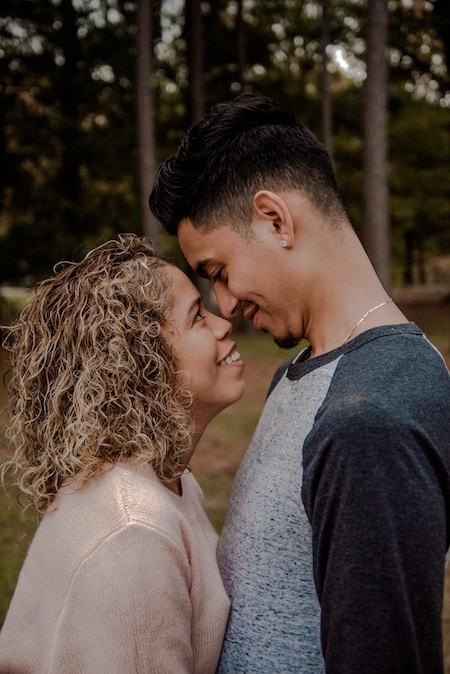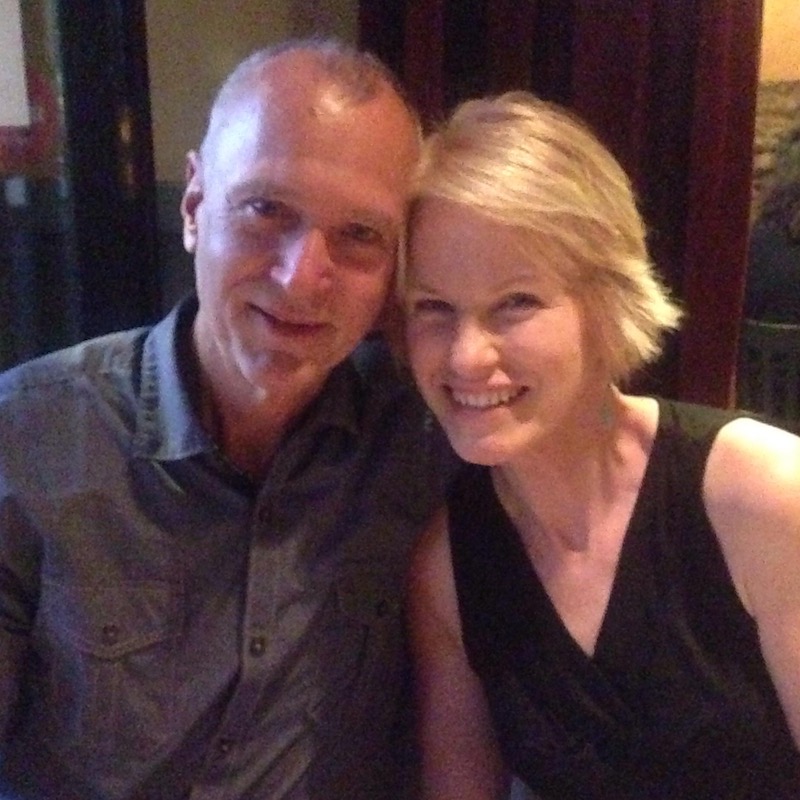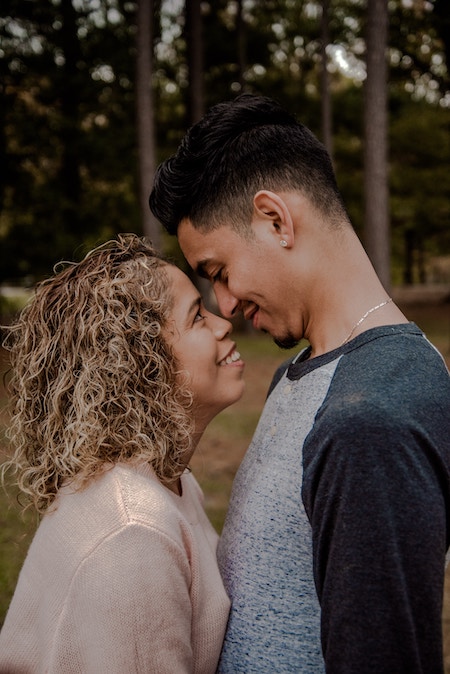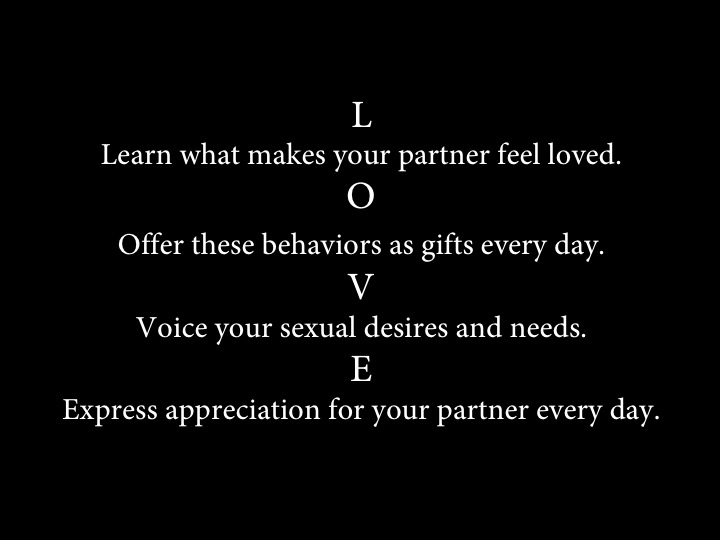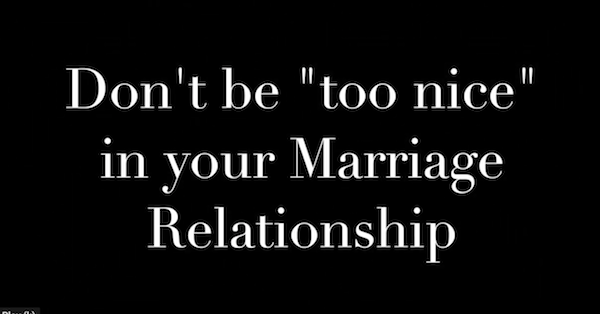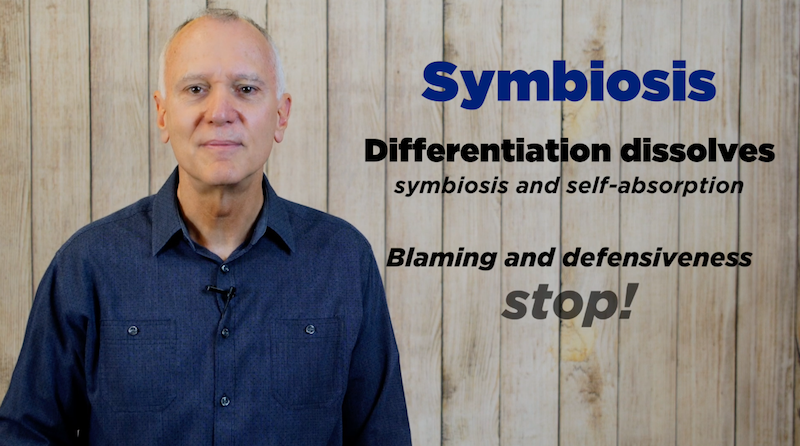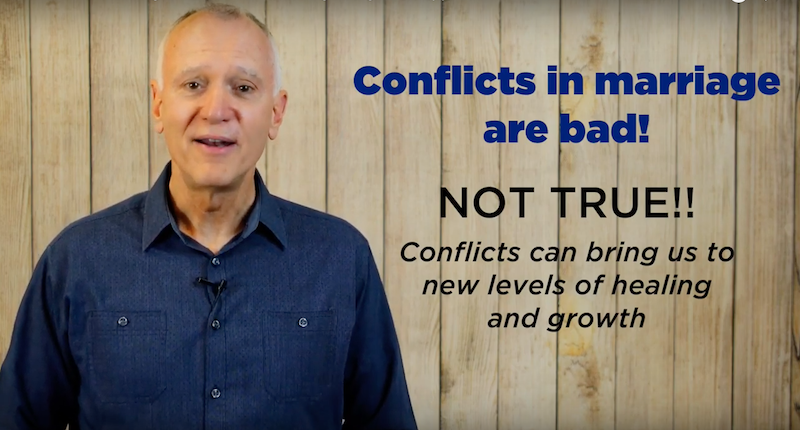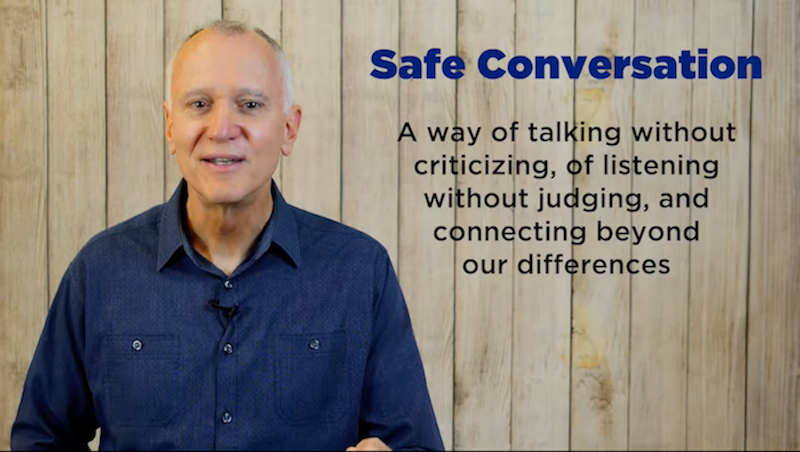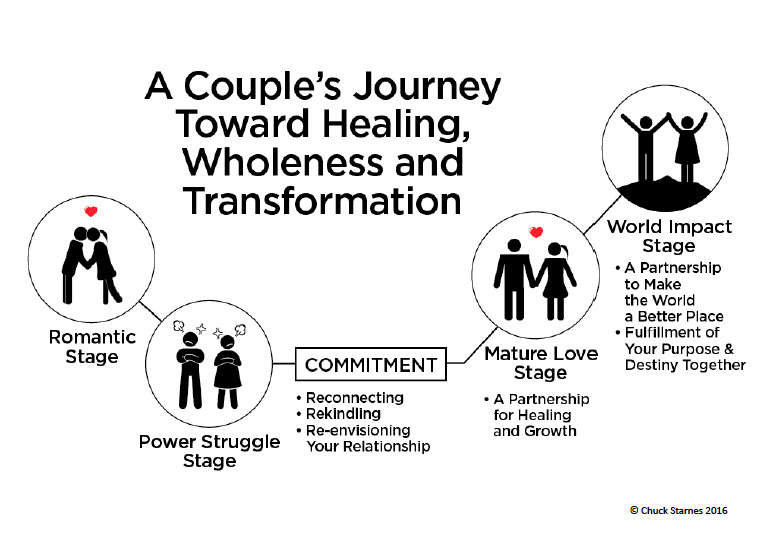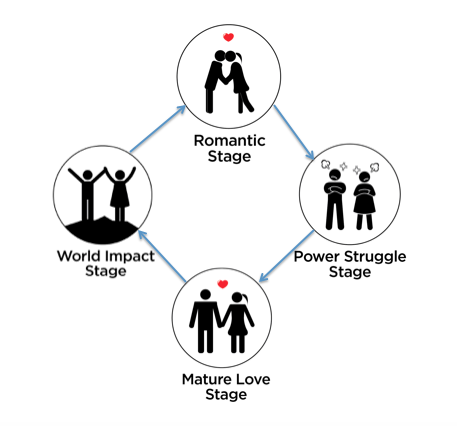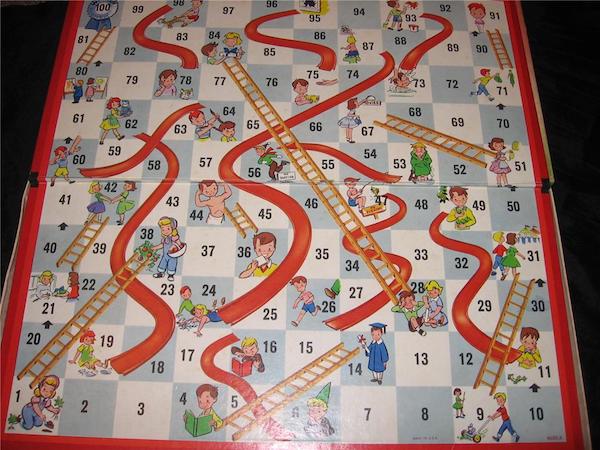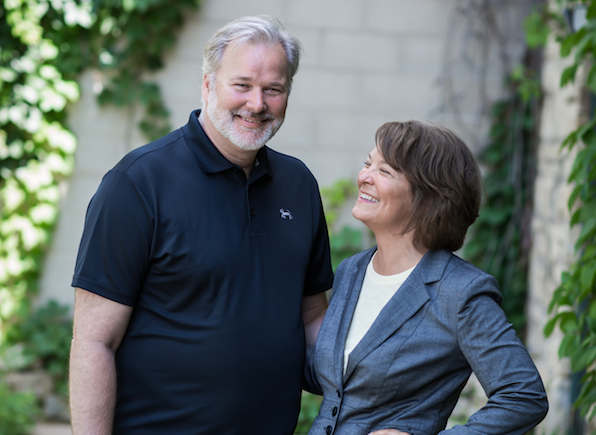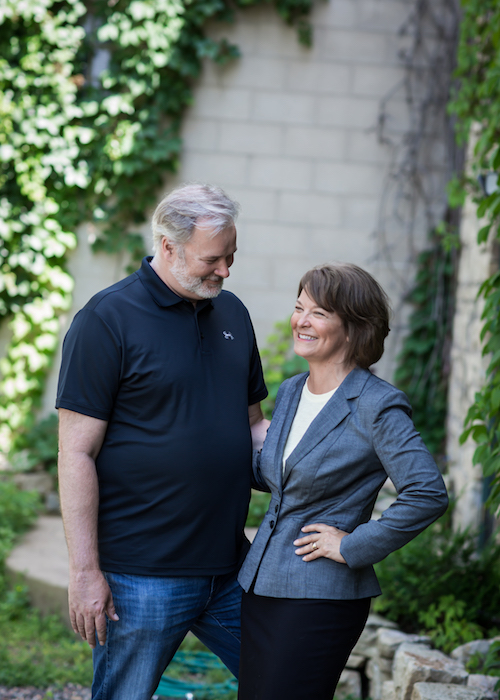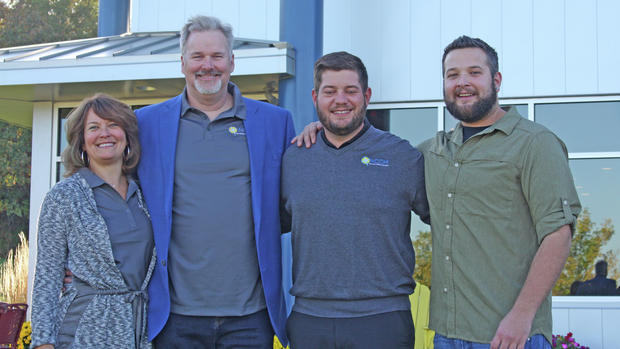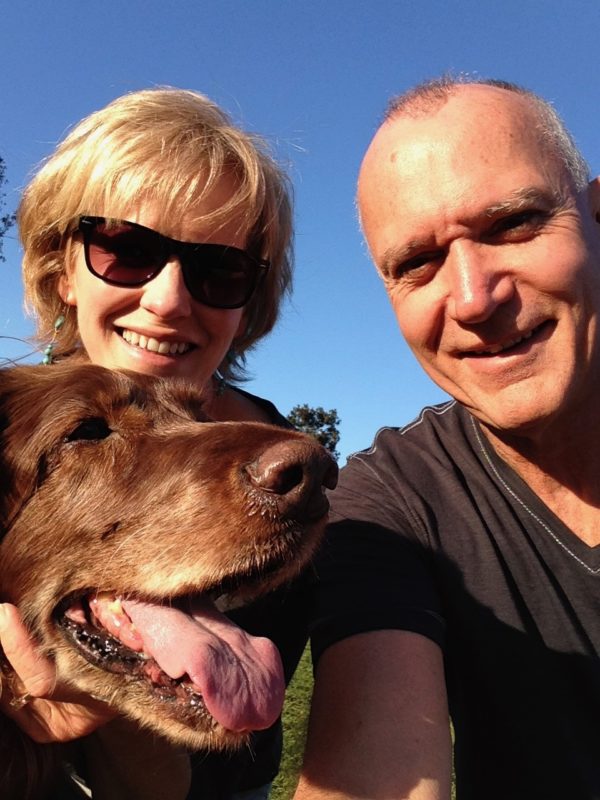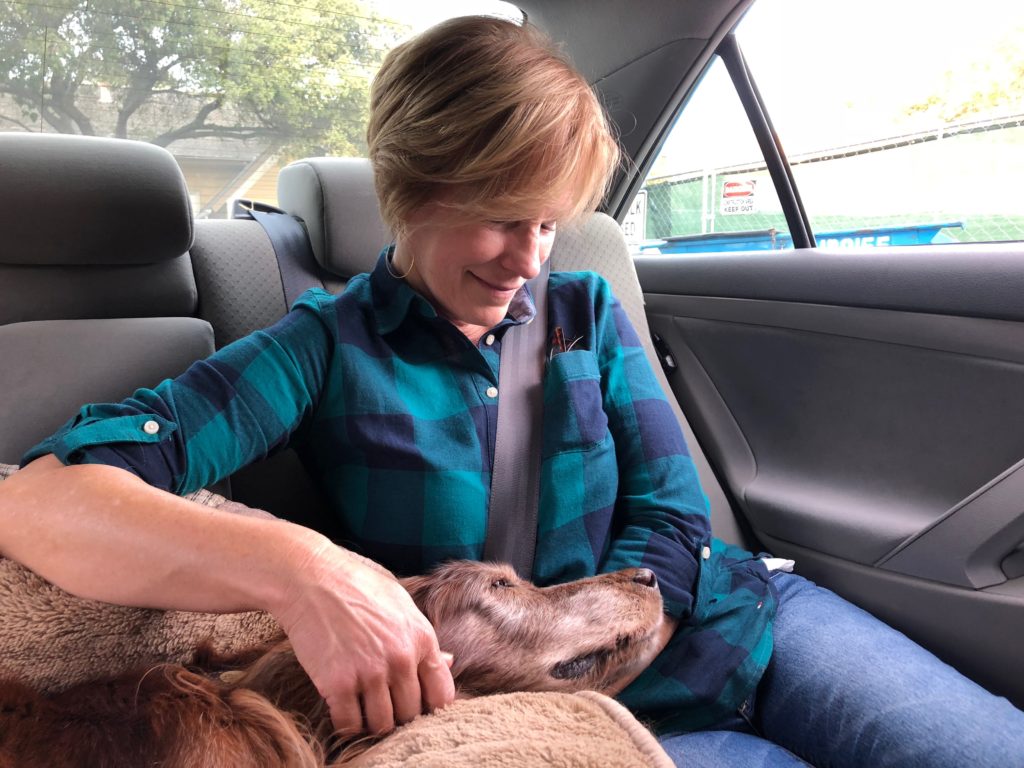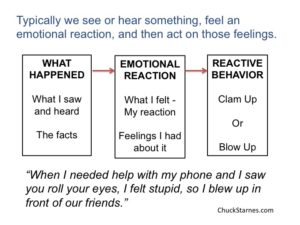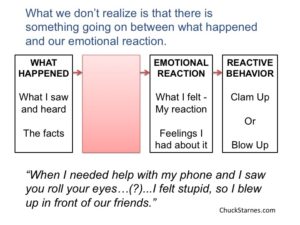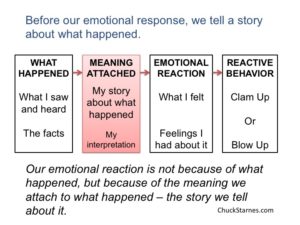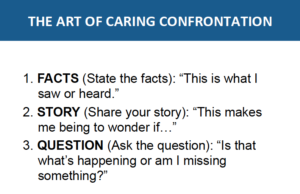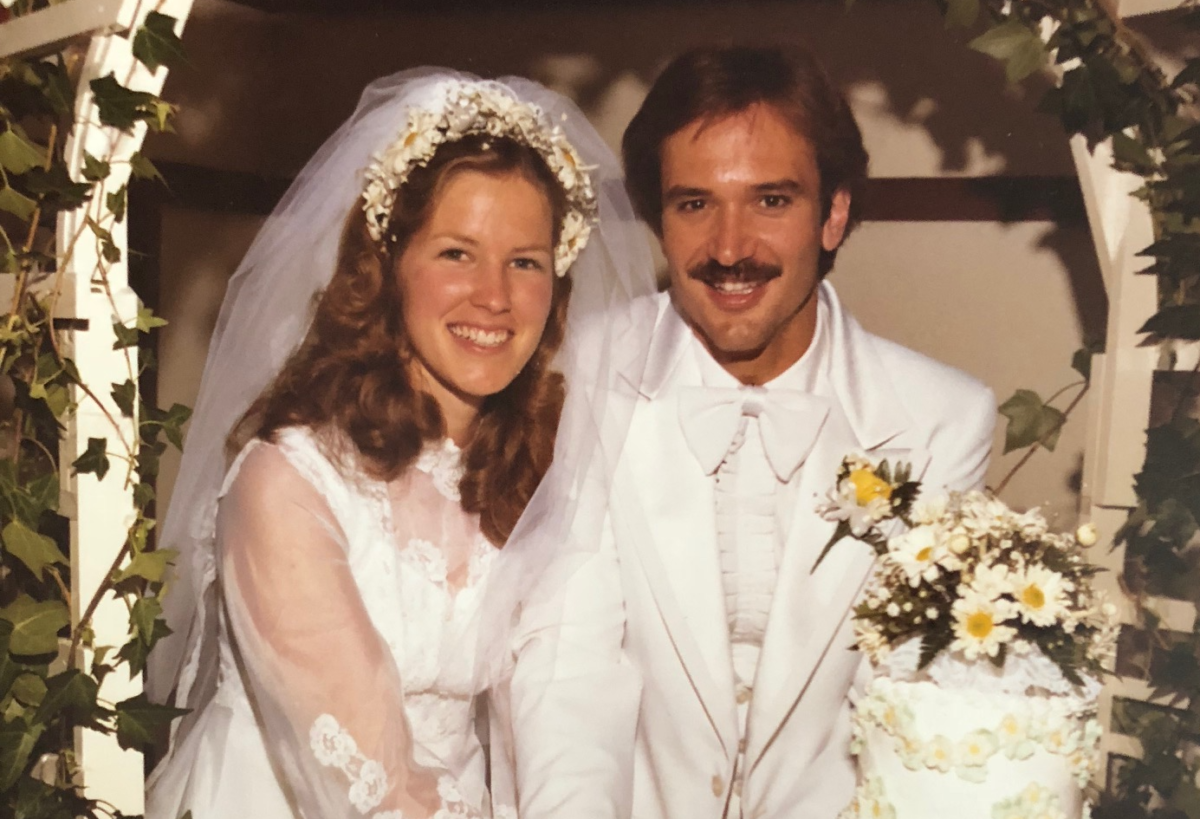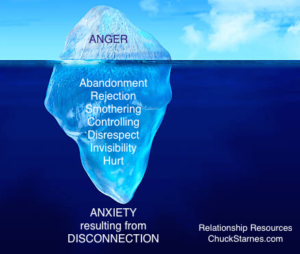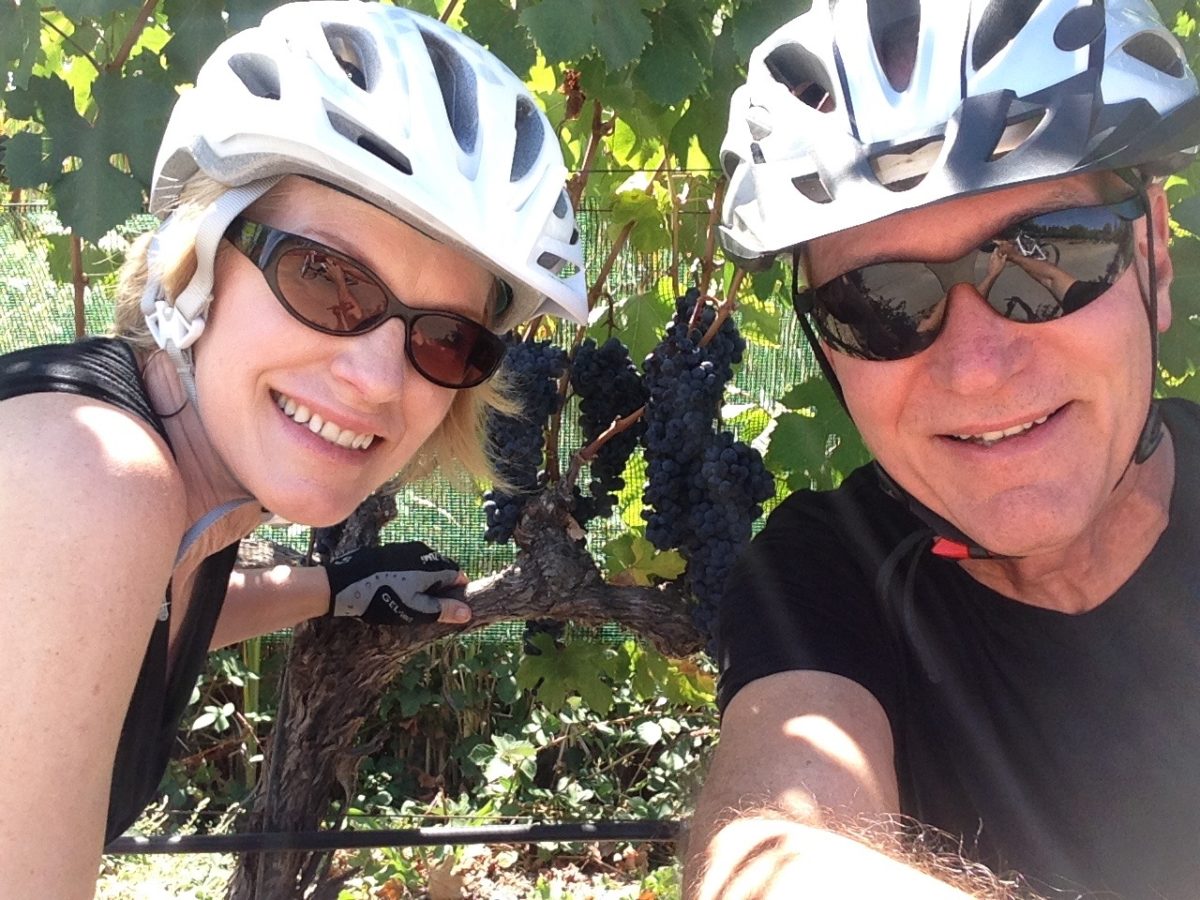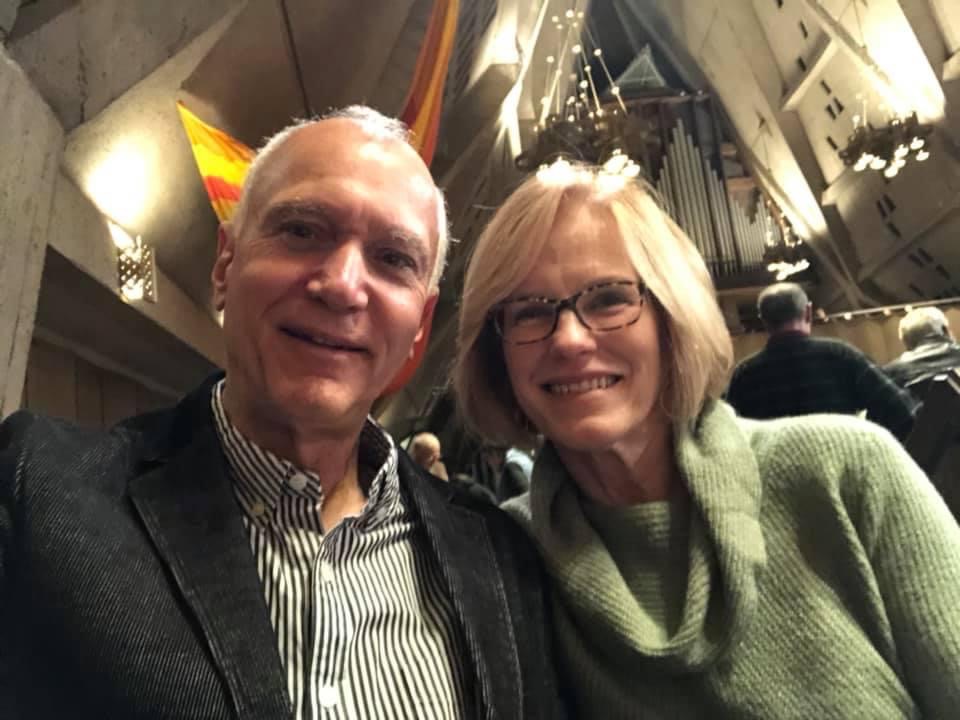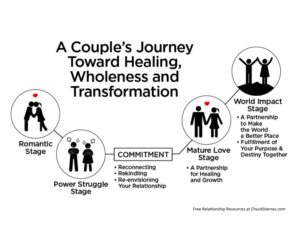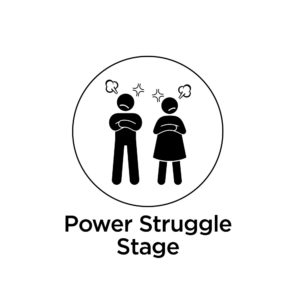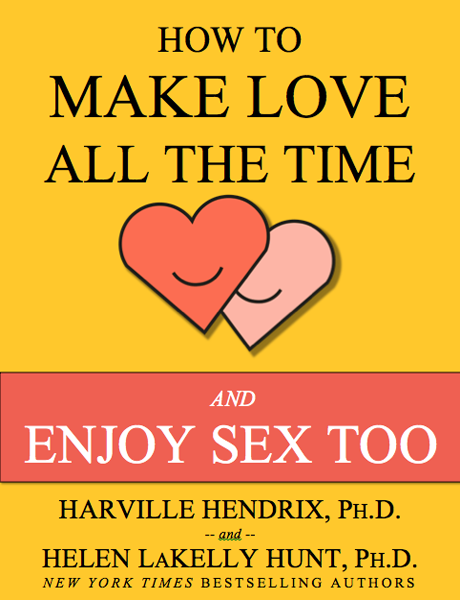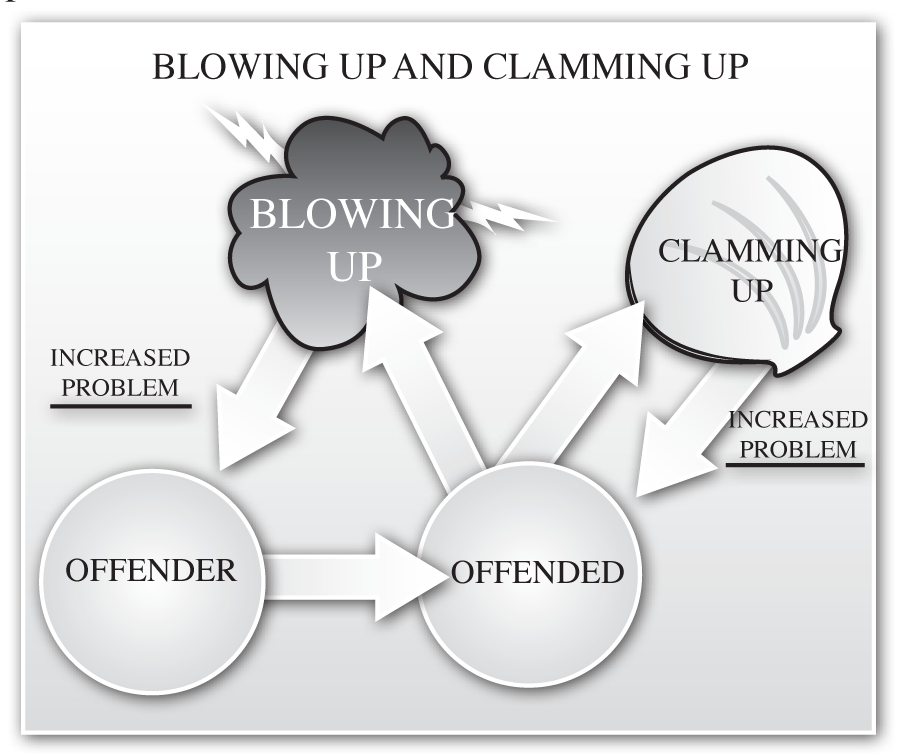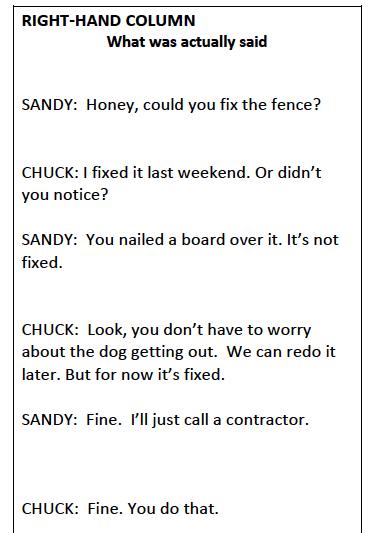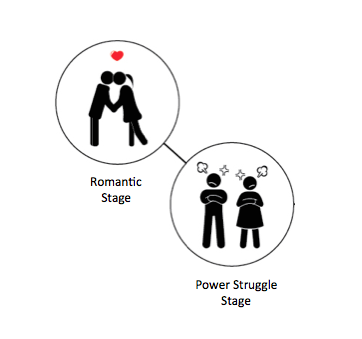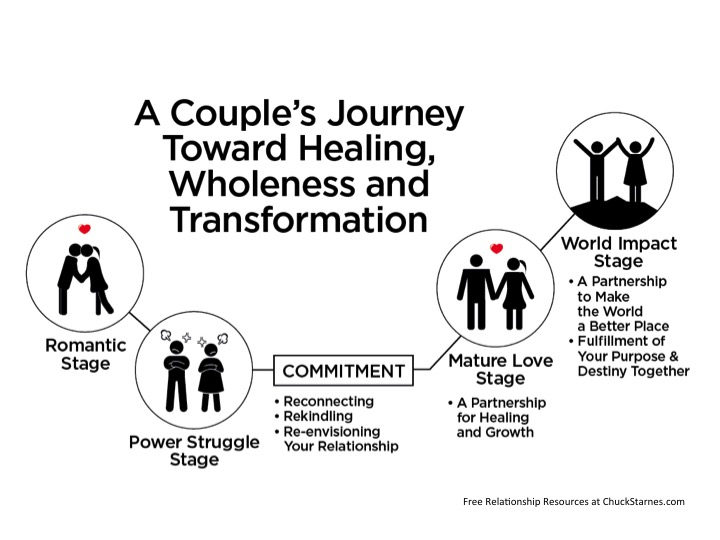Perplexed about problems in your marriage? Looking for solutions?
‘I didn’t know we had marriage troubles, but then, without any warning, she left!’
‘I felt a little strain in the relationship, but didn’t think it was a problem until I saw a text message revealing his affair!”
Marriages blow up! And sometimes it happens unexpectedly!
If you’re reading this and thinking ‘Who me? No, we’re doing fine.’
Good. I hope so.
…but read on, just in case.
Because some couples don’t see the signs of the end until it’s too late.
What are the signs that my marriage is in trouble?
John Gottman researched it, and what he found was this:
Four communication styles that predict the end of a relationship with over 90% accuracy.
Gottman calls them, “The Four Horsemen of the Apocalypse”.
As I briefly describe these warning signs, ask yourself, “Are any of these present in my relationship?”
And if so, consider the answer I provide at the end, and let’s head off the horsemen before it’s too late!
THE WARNING SIGNS THAT YOUR RELATIONSHIP IS IN TROUBLE:
1. CRITICISM
Instead of dealing with the problem, you attack your partner’s character.
It looks something like this.
‘You’re so selfish!’
When a conflict happens are you prone to attack your partner?
But Chuck my partner IS selfish!
Sure it feels that way, but can I let you in on a little secret?
It’s because he’s only seeing his reality and not yours.
But guess what? The same is true for you!
You’re only seeing your reality and not his.
Hmm.
You say he’s selfish. And what is he saying (or thinking)?
“You’re selfish!”
“No! You’re selfish!”
Am I close?
It’s that limited, one-sided view of your relationship, that makes you seem selfish to each other. The psychological term for this is symbiosis.
So what do we do? How do we stop the mudslinging?
The answer is differentiation. The ability to hold your reality and his at the same time.
Differentiation can happen through the Couples Dialogue.
The Imago Couples Dialogue will help you begin to see your partner not just as someone who is “selfish”, but someone who is actually trying making a legitimate need known.
Harville Hendrix said
“Every criticism is a wish in disguise!”
You just didn’t know there was actually something very legitimate behind that expression of “self”.
But perhaps this was the real problem:
Your partner expressed it in a way that didn’t acknowledge your reality, making you feel stepped on.
Well that makes sense!
This is what causes us to be defensive and see our partner as selfish.
We both have the idea,
“You and I are one. And I am the one.”
And there’s this power struggle.
Right?
The Couples Dialogue can help you transform a conflict into an awesome opportunity for growth and healing. More on that later.
Let’s look at the second of the signs of demise.
2. CONTEMPT
Contempt is when you assume a position of moral superiority.
Like…
‘What an idiot!’
Remember that saying by Irving Becker?
‘If you don’t like someone, the way he holds his spoon will make you furious; if you do like him, he can turn his plate over into your lap and you won’t mind.’
Contempt is fueled when couples don’t feel connected. They start not liking each other.
“The way he hold his spoon make me furious.”
“I can’t stand all those annoying habits.”
“The way he eats disgust me.”
That’s contempt.
Things that really didn’t bother you when you were close, now repulse you.
Here’s a secret.
It’s not the annoying habits that are the problem, it’s that you don’t feel connected.
Once you reconnect all this contempt goes away.
I promise.
But here’s a sobering reality.
If I don’t deal with contempt, that is the beginning of the end.
Gottman says, of all these predictors, this one is the biggest predictor of divorce.
There is an answer; a way to turn your contempt into close connection and rekindled love.
We’ll get to that later.
But first, for those who are still looking for danger signs in your relationship, here’s another one.
Keep your eyes open. Grab some more coffee if you need to.
3. DEFENSIVENESS
Rather than seeing my role in the relationship problem, it’s easier to blame you.
‘It’s not my fault we’re always late!’
And wherever you find defensiveness there is always blaming.
‘If you weren’t so controlling our children wouldn’t be so out of control!’
Have you ever wondered why your partner sometimes reacts in a way that is extreme? Or have you noticed yourself doing that?
There’s a reason behind that extreme reaction that your may not be seeing.
If that’s true then your partner is only the trigger.
The source of your reaction might be a childhood wound, frustration or need of which you’re not even conscious.
This means you might be blaming your partner for a frustration they are triggering, but in reality that is not where the pain is actually coming from.
I think I would want to know this, if it is indeed true.
It sounds complicated and mysterious but really it isn’t.
And there is a solution. Keep reading.
The final sign that my relationship is tanking is…
4. STONEWALLING
Stonewalling = Rather than talk about our problems, I’m too hopeless to even try.
‘Just forget it.’
You stonewall when it’s just too painful to even hope that things could ever change.
There’s a fatal sense of resignation that is palpable when partners are stonewalling.
Some see stonewalling as a way to keep the peace.
But things that aren’t talked out always get acted out.
In one way or another.
Sometimes a partner will stuff it until it blows like a volcano.
Others will stuff it until it severs the feeling of connection completely.
Then they don’t even care to resolve it.
That’s when stonewalling becomes your lifestyle.
You’re no longer living with your partner; you’re only living with his or her defenses. Yikes.
Stonewalling may avoid conflict temporarily but it won’t help you reconnect.
Is there a better way?
“So, what is the answer, Chuck? How do I eliminate these destructive patterns from my relationship?”
Imago Couples Dialogue
This is the tool I use with couples every week in many different forms.
(Click here to print out this tool for your own use.)
Everything we do in Imago Relationship Therapy is based on this basic and powerful approach.
It’s more than a communication tool. Communication isn’t your only problem. You can communicate and still not feel connected.
It’s more than conflict resolution. You can even resolve your problem but still not feel connected. As a matter of fact, if you’re just talking about your problem, you may never solve THE problem, which is not feeling connected.
It’s more than active listening. It’s listening in a way that leads to differentiation – seeing your partner’s reality as valid, and empathizing in a way that transforms how you see your partner while making it safe for you to connect.
Imago Couples Dialogue can help you transform your relationship.
You can turn…
CRITICISM into healthy self-expression that results in connection.
CONTEMPT into a safe connection where romance is rekindled.
DEFENSIVENESS into a conscious awareness of my own part in the problem, and that my partner is not the villain I thought she was.
STONEWALLING into a new hope that I can be heard and validated by my partner, and that he can be with me in my pain and in my fear.
Wow! I want that.
Here’s how the dialogue works.
There are thee parts: Mirroring, Validation and Empathy.
MIRRORING
Mirroring slows things way down.
Mirroring involves taking turns talking, where one talks and the other listens.
It seems awkward and wooden at first but keep going because it works.
If you’re the one listening, after your partner gives a few sentences about their concern, repeat what was said in your own words. Then ask, “Did I get it?” Then ask, “Is there more about that?”
Those questions help you stay curious and regulate your own reactions.
Let her continue talking until she feel completely heard.
MIRRORING says to your partner, “You matter. I see you. You’re worth being heard and understood.”
After your partner says everything needed to be said, SUMMARIZE it, to once again make sure you got it.
Then the next step is Validation.
VALIDATION
To validate what your partner said simply complete this sentence:
“What you said makes sense. And what makes sense about it is…”
VALIDATION says to your partner, “Even though I may see things differently, you make sense.”
Did you get that part about “I may see things differently”?
That’s right. Don’t let your need to be right sabotage the dialogue that will help you connect.
Here’s the point: Your partner IS different!
Your partner is not what you project on him or what you expect her to be.
That’s romantic fantasy.
Now you’re in reality.
A real relationship with ANOTHER person. Did you get that? an “other” person. Different from you. Wow!
Though the Dialogue process what you discover is she’s not what you thought she was.
But now you’re curious and exploring her, rather that playing tug of war with her.
And you find that, although there is brokenness and scars and sensitivities you didn’t know about, she really is beautiful and fascinating in all that brokenness.
Now you’re on your way t0 connecting!
EMPATHY
You empathize by finishing these kinds of statements with what you now see and understand.
“Given all that, I imagine you feel…”
“Are those the feelings?”
Empathizing says to your partner,
“I know what it’s like to experience your pain or fear or joy.”
“And I’m present with you in that feeling.”
Keep going in this Dialogue until you see a breakthrough in your relationship.
So, if you see some of these predictors of doom in your relationship,
the Couples Dialogue can help you address and eliminate them, and bring you into a deeper connection with each other.
(Click here to print out The Couple’s Dialogue.)
Try it! And let me know if I can help!
Subscribe below to receive my weekly post that will come to your email inbox every Saturday morning!
My goal is to provide free relationship tools and resources delivered to your inbox every week!

